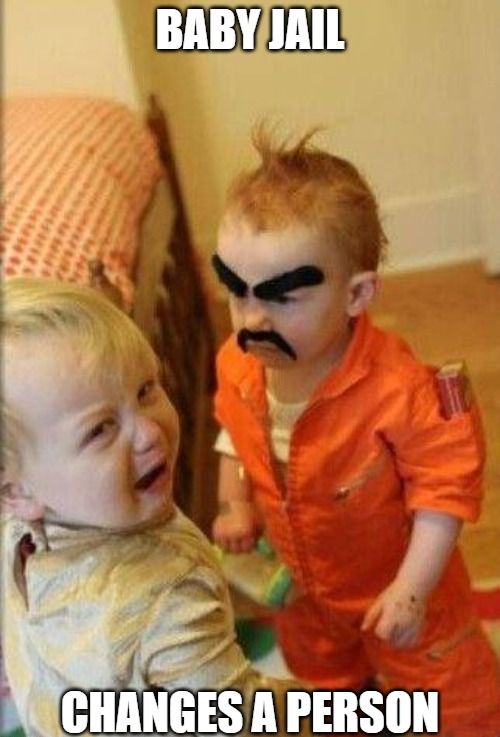Crime doesn’t pay – and you shouldn’t have to pay for crime. But you do. We all do, in sneaky ways like through our taxes.
Here’s the five fast facts you need to know about how crime impacts your paycheck:
- 🏛️ You Gotta Lock Them Up Somewhere -. The US has 1,566 state prisons, 102 federal prisons, 2,850 local jails, 1,510 juvenile correctional facilities, 186 immigration detention facilities, and 82 Indian Country jails. <WHEW!!!> Building and operating all those facilities cost taxpayers $80 billion a year, and your share is about $240.
- 🗺️ In a Terrible State - You’re paying for all those prisoner’s designer flip-flops and gourmet meals through your state taxes as well, so the number of prisoners in your state matters. The states with the highest prison populations are California, Texas, and Florida. The states with the lowest are Vermont, North Dakota, and Maine.
- 💰 That’s Criminal - The average cost per prisoner ranges from about $14,000 to $70,000 and right now, there are almost 2 million people in jails and prisons across the US. On the other hand… since it costs about $18k a year to raise a kid these days, you might be better off sponsoring a criminal.
- 👪 Crime Family - While all taxpayers are responsible for sharing some of the burden of supporting prisoners, their own families are hit even harder. It’s estimated that the families of the incarcerated spend up to $2.9 billion a year on phone calls and commissary items.
- 📚 School Them - There are lots of ways to reduce crime and, therefore, reduce the amount of people in prison. One great solution: education. Increasing per student funding to K-12 schools is directly linked to keeping kids out of jail and away from a life of crime.
🔥Bottom line: Crime has many costs associated with it, from what we pay in taxes to build prisons to the cost of supporting a loved one who has ended up there. In order to keep more money in our paychecks, we need to spend more on education. Pay more now to pay less down the road and we’ll have a better society for it.
Guess what? The President isn't the one who influences crime most where you live...but YOUR local & state government reps do! So here’s three small things you can do that make a BIG impact:


